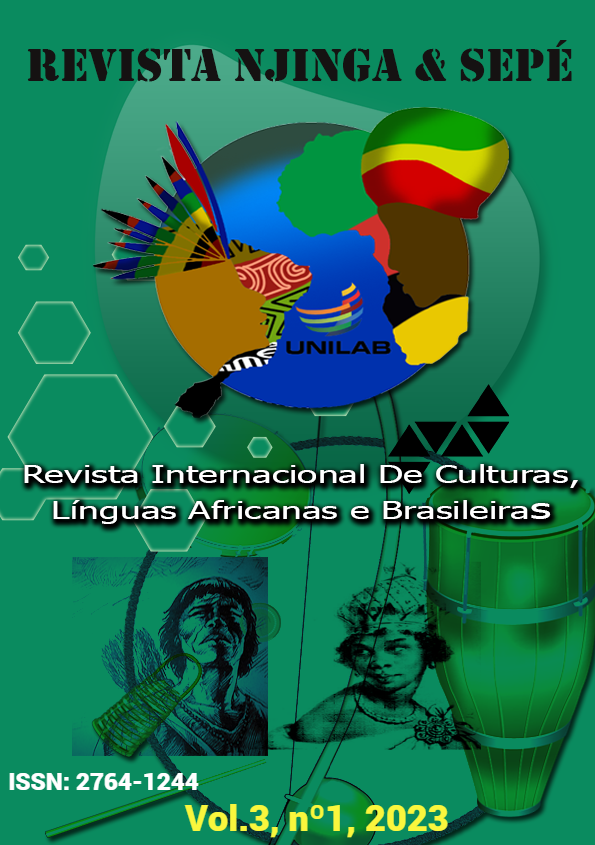TEACHERS AS TRANSFORMATIVE AGENTS: AN INTERVIEW OF RETIRED TEACHER MWALIMU GATHECA FROM NJUMBI VILLAGE, MURANG’A COUNTY. KENYA
Abstract
The World Teachers day is celebrated globally on 5th October to highlight the rights, responsibilities and standards of teachers in their quest to impact the communities they live in. The first celebration of the World Teachers day was in 1994 to commemorate the anniversary of the adoption of the 1966 ILO/UNESCO Recommendation concerning the status of teachers around the globe (UNESCO[i]). According to UNESCO[ii] the theme for this year was, “The transformation of education begins with the teachers”. In Kenya celebrations were held in various education institutions right from basic to tertiary education. This is the one day, that a teacher is trending and several congratulatory messages are given to teachers by their learners. In this article, we celebrate a retired teacher Mwalimu Gatheca, who hails from a small rural community in Njumbi, which is located in the central part of Kenya. He is a respected elder in his community and though retired, he is not expired. He is still actively engaged in a transformative agenda in his community which has entailed harnessing energies of his community members who cut across gender, age and geographical divide.
Downloads
References
Downloads
Published
How to Cite
Issue
Section
License
Copyright (c) 2023 NJINGA&SEPÉ: Revista Internacional de Culturas, Línguas Africanas e Brasileiras

This work is licensed under a Creative Commons Attribution-NonCommercial-NoDerivatives 4.0 International License.
Authors who publish in this journal agree to the following terms:
Authors maintain copyright and grant the journal the right to first publication, the work being simultaneously licensed under the Creative Commons Attribution License, which allows the sharing of the work with recognition of the authorship of the work and initial publication in this magazine.
Authors are authorized to assume additional contracts separately, for non-exclusive distribution of the version of the work published in this journal (eg, publishing in institutional repository or as a book chapter), with acknowledgment of authorship and initial publication in this journal.
Authors are permitted and encouraged to publish and distribute their work online (eg in institutional repositories or on their personal page) at any point before or during the editorial process, as this can generate productive changes, as well as increase impact and citation of the published work (See The Effect of Open Access).




